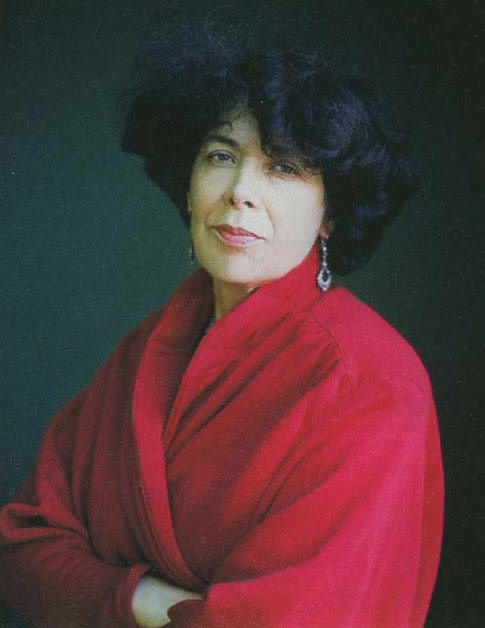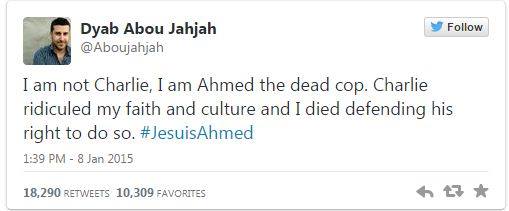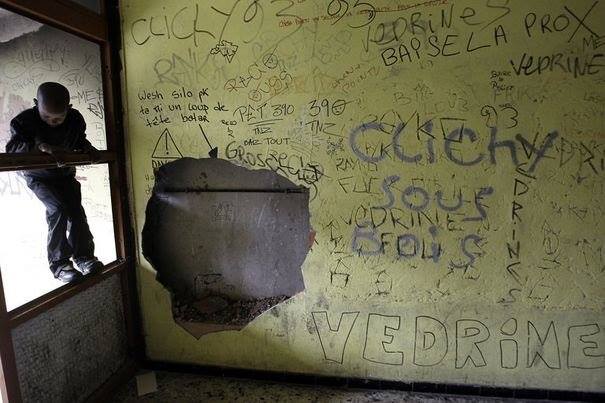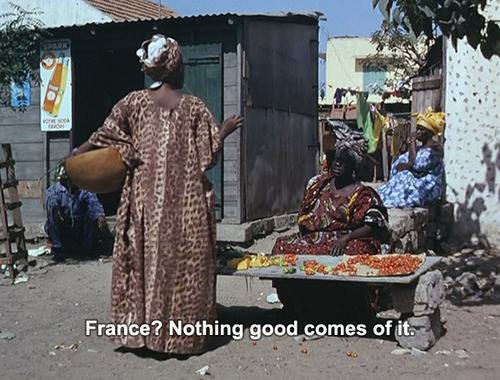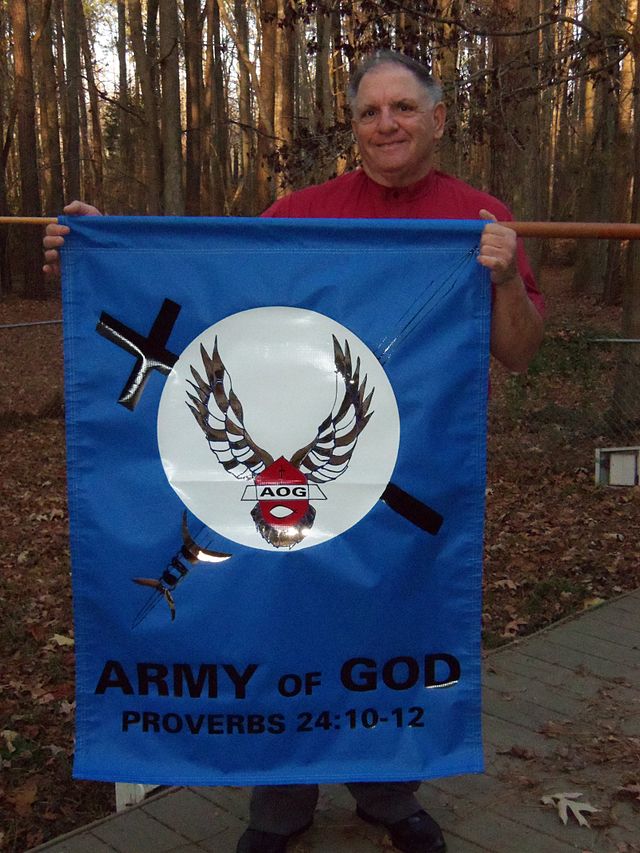The following is an excerpt from Frantz Fanon’s classic The Wretched of the Earth. It is a continuation of an excerpt I posted two months ago.
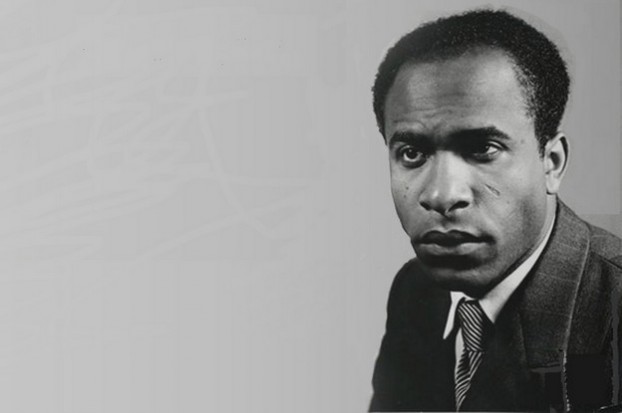 /Frantz Fanon, photo via Zimbabwe Daily/
/Frantz Fanon, photo via Zimbabwe Daily/
“Monsieur Meyer could state seriously in the French National Assembly that the Republic must not be prostituted by allowing the Algerian people to become part of it. All values, in fact, are irrevocably poisoned and diseased as soon as they are allowed in contact with the colonized race. The customs of the colonized people, their traditions, their myths — above all, their myths–are the very sign of that poverty of spirit and of their constitutional depravity. That is why we must put the DDT which destroys parasites, the bearers of disease, on the same level as the Christian religion which wages war on embryonic heresies and instincts, and on evil as yet unborn. The recession of yellow fever and the advance of evangelization form part of the same balance sheet. But the triumphant communiqués from the missions are in fact a source of information concerning the implantation of foreign influences in the core of the colonized people. I speak of the Christian religion, and no one need be astonished. The Church in the colonies is the white people’s Church, the foreigner’s Church. She does not call the native to God’s ways but to the ways of the white man, of the master, of the oppressor. And as we know, in this matter many are called but few chosen.
At times this Manicheism goes to its logical conclusion and dehumanizes the native, or to speak plainly, it turns him into an animal. In fact, the terms the settler uses when he mentions the native are zoological terms. He speaks of the yellow man’s reptilian motions, of the stink of the native quarter, of breeding swarms, of foulness, of spawn, of gesticulations. When the settler seeks to describe the native fully in exact terms he constantly refers to the bestiary. The European rarely hits on a picturesque style; but the native, who knows what is in the mind of the settler, guesses at once what he is thinking of.
Those hordes of vital statistics, those hysterical masses, those faces bereft of all humanity, those distended bodies which are like nothing on earth, that mob without beginning or end, those children who seem to belong to nobody, that laziness stretched out in the sun, that vegetative rhythm of life–all this forms part of the colonial vocabulary. General de Gaulle speaks of ‘the yellow multitudes’ and François Mauriac of the black, brown, and yellow masses which soon will be unleashed. The native knows all this, and laughs to himself every time he spots an allusion to the animal world in the other’s words. For he knows that he is not an animal; and it is precisely at the moment he realizes his humanity that he begins to sharpen the weapons with which he will secure its victory.
As soon as the native begins to pull on his moorings, and to cause anxiety to the settler, he is handed over to well-meaning souls who in cultural congresses point out to him the specificity and wealth of Western values. But every time Western values are mentioned they produce in the native a sort of stiffening or muscular lockjaw. During the period of decolonization, the natives’s reason is appealed to. He is offered definite values, he is told frequently that decolonization need not mean regression, and that he must put his trust in qualities which are welltried, solid, and highly esteemed.
But it so happens that when the native hears a speech about Western culture he pulls out his knife–or at least he makes sure it is within reach. The violence with which the supremacy of white values is affirmed and the aggressiveness which has permeated the victory of these values over the ways of life and of thought of the native mean that, in revenge, the native laughs in mockery when Western values are mentioned in front of him. In the colonial context the settler only ends his work of breaking in the native when the latter admits loudly and intelligibly the supremacy of the white man’s values. In the period of decolonization, the colonized masses mock at these very values, insult them, and vomit them up.
✎
This phenomenon is ordinarily masked because, during the period of decolonization, certain colonized intellectuals have begun a dialogue with the bourgeoisie of the colonialist country. During this phase, the indigenous population is discerned only as an indistinct mass. The few native personalities whom the colonialist bourgeois have come to know here and there have not sufficient influence on that immediate discernment to give rise to nuances. On the other hand, during the period of liberation, the colonialist bourgeoisie looks feverishly for contacts with the elite and it is with these elite that the familiar dialogue concerning values is carried on.
The colonialist bourgeoisie, when it realizes that it is impossible for it to maintain its domination over the colonial countries, decides to carry out a rearguard action with regard to culture, values, techniques, and so on. Now what we must never forget is that the immense majority of colonized peoples is oblivious to these problems. For a colonized people the most essential value, because the most concrete, is first and foremost the land: the land which will bring them bread and, above all, dignity. But this dignity has nothing to do with the dignity of the human individual: for that human individual has never heard tell of it. All that the native has seen in his country is that they can freely arrest him, beat him, starve him: and no professor of ethics, no priest has ever come to be beaten in his place, nor to share their bread with him.
As far as the native is concerned, morality is very concrete; it is to silence the settler’s defiance, to break his flaunting violence–in a word, to put him out of the picture. The wellknown principle that all men are equal will be illustrated in the colonies from the moment that the native claims that he is the equal of the settler. One step more, and he is ready to fight to be more than the settler. In fact, he has already decided to eject him and to take his place; as we see it, it is a whole material and moral universe which is breaking up.
The intellectual who for his part has followed the colonialist with regard to the universal abstract will fight in order that the settler and the native may live together in peace in a new world. But the thing he does not see, precisely because he is permeated by colonialism and all its ways of thinking, is that the settler, from the moment that the colonial context disappears, has no longer any interest in remaining or in co-existing. It is not by chance that, even before any negotiation between the Algerian and French governments has taken place, the European minority which calls itself ‘liberal’ has already made its position clear: it demands nothing more nor less than twofold citizenship. By setting themselves apart in an abstract manner, the liberals try to force the settler into taking a very concrete jump into the unknown. Let us admit it, the settler knows perfectly well that no phraseology can be a substitute for reality.
Thus the native discovers that his life, his breath, his beating heart are the same as those of the settler. He finds out that the settler’s skin is not of any more value than a native’s skin; and it must be said that this discovery shakes the world in a very necessary manner. All the new, revolutionary assurance of the native stems from it. For if, in fact, my life is worth as much as the settler’s, his glance no longer shrivels me up nor freezes me, and his voice no longer turns me into stone. I am no longer on tenterhooks in his presence; in fact, I don’t give a damn for him. Not only does his presence no longer trouble me, but I am already preparing such efficient ambushes for him that soon there will be no way out but that of flight.
✎
We have said that the colonial context is characterized by the dichotomy which it imposes upon the whole people. Decolonization unifies that people by the radical decision to remove from it its heterogeneity, and by unifying it on a national, sometimes a racial, basis. We know the fierce words of the Senegalese patriots, referring to the maneuvers of their president, Senghor: ‘We have demanded that the higher posts should be given to Africans; and now Senghor is Africanizing the Europeans.’ That is to say that the native can see clearly and immediately if decolonization has come to pass or not, for his minimum demands are simply that the last shall be first.
But the native intellectual brings variants to this petition, and, in fact, he seems to have good reasons: higher civil servants, technicians, specialists–all seem to be needed. Now, the ordinary native interprets these unfair promotions as so many acts of sabotage, and he is often heard to declare: ‘It wasn’t worth while, then, our becoming independent…’
In the colonial countries where a real struggle for freedom has taken place, where the blood of the people has flowed and where the length of the period of armed warfare has favored the backward surge of intellectuals toward bases grounded in the people, we can observe a genuine eradication of the superstructure built by these intellectuals from the bourgeois colonialist environment. The colonialist bourgeoisie, in its narcissistic dialogue, expounded by the members of its universities, had in fact deeply implanted in the minds of the colonized intellectual that the essential qualities remain eternal in spite of all the blunders men may make: the essential qualities of the West, of course.
The native intellectual accepted the cogency of these ideas, and deep down in his brain you could always find a vigilant sentinel ready to defend the Greco-Latin pedestal. Now it so happens that during the struggle for liberation, at the moment that the native intellectual comes into touch again with his people, this artificial sentinel is turned into dust. All the Mediterranean values–the triumph of the human individual, of clarity, and of beauty–become lifeless, colorless knickknacks. All those speeches seem like collections of dead words; those values which seemed to uplift the soul are revealed as worthless, simply because they have nothing to do with the concrete conflict in which the people is engaged.
Individualism is the first to disappear. The native intellectual had learnt from his masters that the individual ought to express himself fully. The colonialist bourgeoisie had hammered into the native’s mind the idea of a society of individuals where each person shuts himself up in his own subjectivity, and whose only wealth is individual thought. Now the native who has the opportunity to return to the people during the struggle for freedom will discover the falseness of this theory. The very forms of organization of the struggle will suggest to him a different vocabulary. Brother, sister, friend–these are words outlawed by the colonialist bourgeoisie, because for them my brother is my purse, my friend is part of my scheme for getting on.
The native intellectual takes part, in a sort of auto-da-fé, in the destruction of all his idols: egoism, recrimination that springs from pride, and the childish stupidity of those who always want to have the last word. Such a colonized intellectual, dusted over by colonial culture, will in the same way discover the substance of village assemblies, the cohesion of people’s committees, and the extraordinary fruitfulness of local meetings and groupments. Henceforward, the interests of one will be the interests of all, for in concrete fact everyone will be discovered by the troops, everyone will be massacred–or everyone will be saved. The motto ‘look out for yourself,’ the atheist’s method of salvation, is in this context forbidden.
Self-criticism has been much talked about of late, but few people realize that it is an African institution. Whether in the djemaas of northern Africa or in the meetings of western Africa, tradition demands that the quarrels which occur in a village should be settled in public. It is communal self-criticism, of course, and with a note of humor, because everybody is relaxed, and because in the last resort we all want the same things. But the more the intellectual imbibes the atmosphere of the people, the more completely he abandons the habits of calculation, of unwonted silence, of mental reservations, and shakes off the spirit of concealment. And it is true that already at that level we can say that the community triumphs, and that it spreads its own light and its own reason.
✎
But it so happens sometimes that decolonization occurs in areas which have not been sufficiently shaken by the struggle for liberation, and there may be found those same know-all, smart, wily intellectuals. We find intact in them the manners and forms of thought picked up during their association with the colonialist bourgeoisie. Spoilt children of yesterday’s colonialism and of today’s national governments, they organize the loot of whatever national resources exist. Without pity, they use today’s national distress as a means of getting on through scheming and legal robbery, by import-export combines, limited liability companies, gambling on the stock exchange, or unfair promotion. They are insistent in their demands for the nationalization of commerce, that is to say the reservation of markets and advantageous bargains for nationals only. As far as doctrine is concerned, they proclaim the pressing necessity of nationalizing the robbery of the nation. In this arid phase of national life, the so-called period of austerity, the success of their depredations is swift to call forth the violence and anger of the people. For this same people, poverty-stricken yet independent, comes very quickly to possess a social conscience in the African and international context of today; and this the petty individualists will quickly learn.
In order to assimilate and to experience the oppressor’s culture, the native has had to leave certain of his intellectual possessions in pawn. These pledges include his adoption of the forms of thought of the colonialist bourgeoisie. This is very noticeable in the inaptitude of the native intellectual to carry on a two-sided discussion; for he cannot eliminate himself when confronted with an object or an idea. On the other hand, when once he begins to militate among the people he is struck with wonder and amazement; he is literally disarmed by their good faith and honesty. The danger that will haunt him continually is that of becoming the uncritical mouthpiece of the masses; he becomes a kind of yes-man who nods assent at every word coming from the people, which he interprets as considered judgments. Now, the fellah, the unemployed man, the starving native do not lay a claim to the truth; they do not say that they represent the truth, for they are the truth.
Objectively, the intellectual behaves in this phase like a common opportunist. In fact he has not stopped maneuvering. There is never any question of his being either rejected or welcomed by the people. What they ask is simply that all resources should be pooled. The inclusion of the native intellectual in the upward surge of the masses will in this case be differentiated by a curious cult of detail. That is not to say that the people are hostile to analysis; on the contrary, they like having things explained to them, they are glad to understand a line of argument and they like to see where they are going. But at the beginning of his association with the people the native intellectual over-stresses details and thereby comes to forget that the defeat of colonialism is the real object of the struggle.
Carried away by the multitudinous aspects of the fight, he tends to concentrate on local tasks, performed with enthusiasm but almost always too solemnly. He fails to see the whole of the movement all the time. He introduces the idea of special disciplines, of specialized functions, of departments within the terrible stone crusher, the fierce mixing machine which a popular revolution is. He is occupied in action on a particular front, and it so happens that he loses sight of the unity of the movement. Thus, if a local defeat is inflicted, he may well be drawn into doubt, and from thence to despair. The people, on the other hand, take their stand from the start on the broad and inclusive positions of bread and the land: how can we obtain the land, and bread to eat? And this obstinate point of view of the masses, which may seem shrunken and limited, is in the end the most worthwhile and the most efficient mode of procedure.”
 /Danger Effondrement (Danger Collapse) in Aulnay-sous-Bois (North-Eastern Paris banlieue), photo © Léopold Lambert, 2005/
/Danger Effondrement (Danger Collapse) in Aulnay-sous-Bois (North-Eastern Paris banlieue), photo © Léopold Lambert, 2005/



